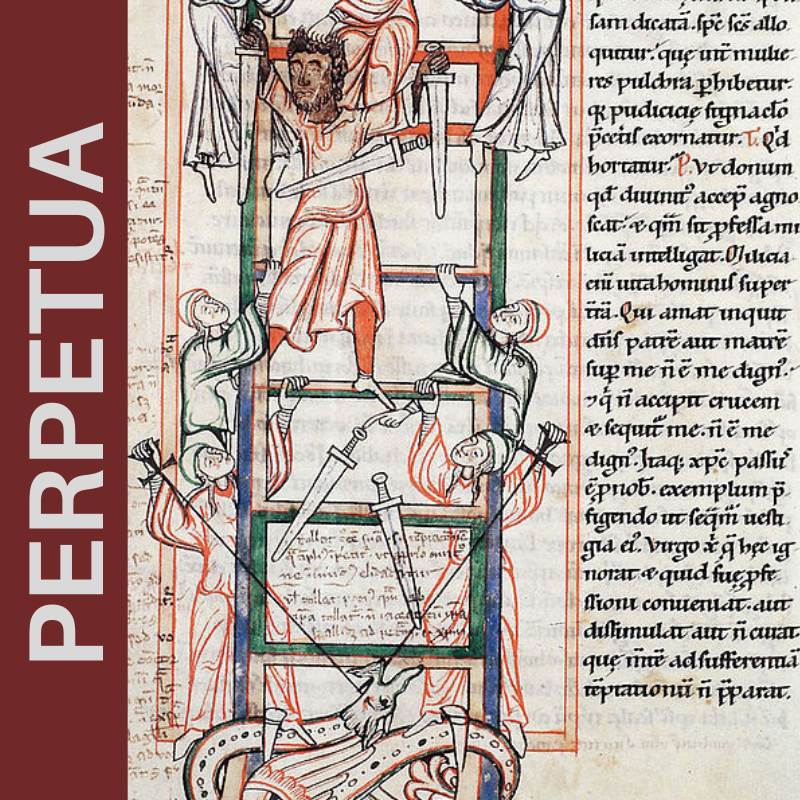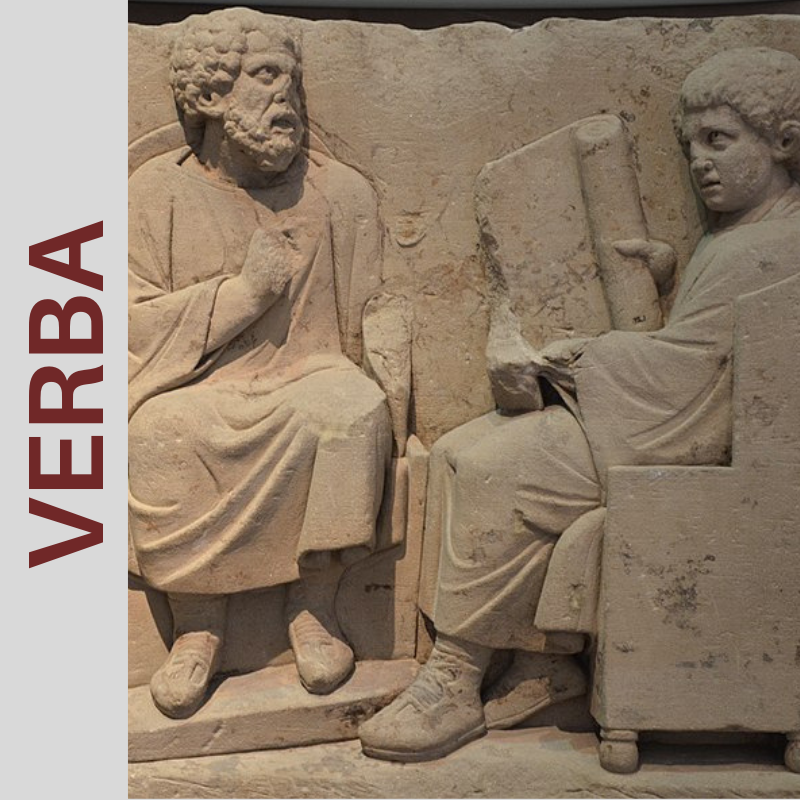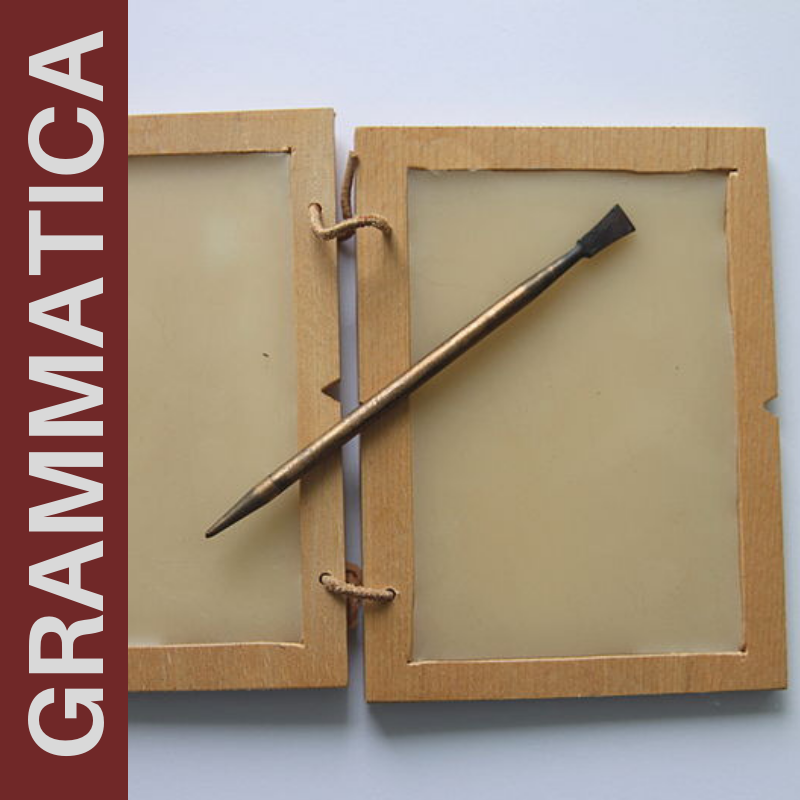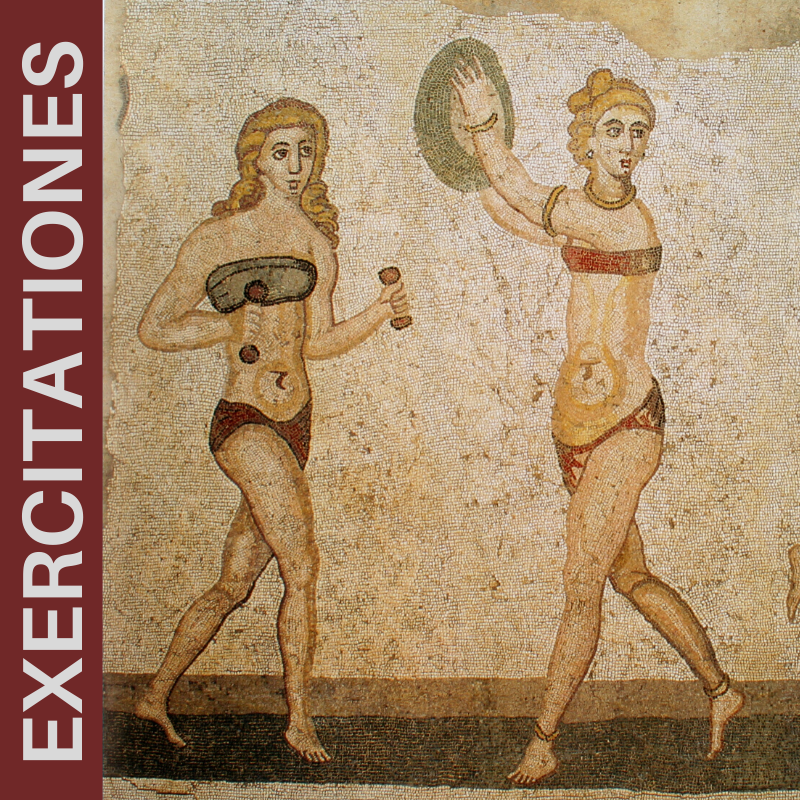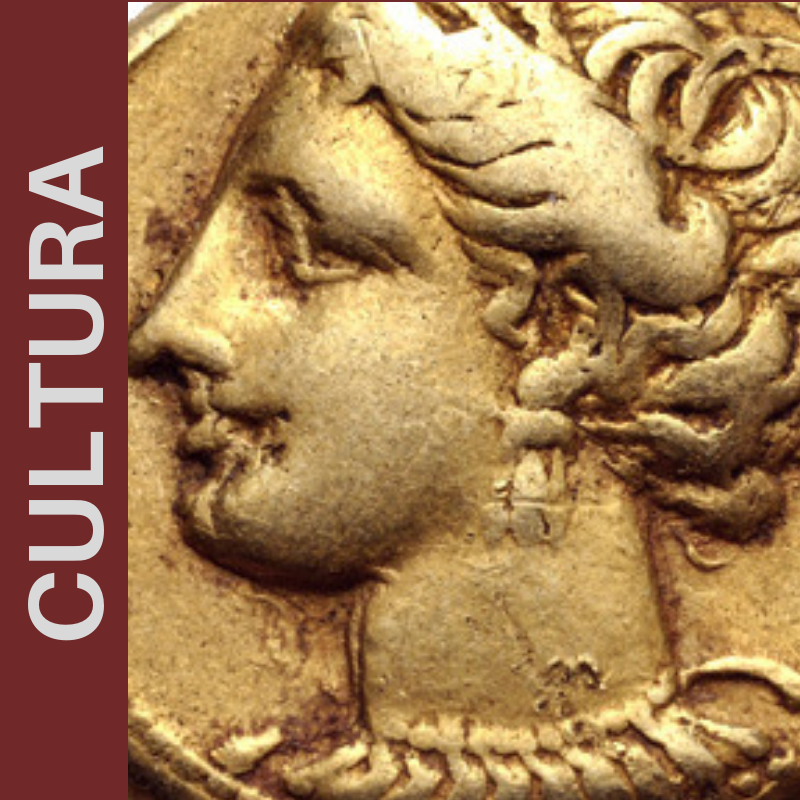Verbs
First Conjugation
calcō (1) - to tread, step on; to trip upon
cōnstō, -stāre -stitī, -stātum - to agree; constat - it is established that (+ acc. and infin.) (con • stō, stāre, stetī, statum)
dubitō (1) - to hesitate, doubt
iūdicō (1) - to judge, decide
postulō (1) - to demand, claim, ask
Second Conjugation
doleō, -ēre, -uī, -itum - to feel pain or grief, grieve
fateor, fatērī, fassum - to confess; to profess, declare; to assent, say yes
noceō, -ēre, -cuī - to harm (+ dat.)
sustineō, -tinēre, -tinuī, -tentum - to hold up, sustain (sub • teneō, tenēre, tenuī, tentum)
timeō, -ēre, -uī - to fear, dread
Third Conjugation -ō
addūcō, -dūcere, -dūxī, -ductum - to lead to, induce (ad • dūcō, dūcere, dūxī, ductum)
ascendō, -scendere, -scendī, -scēnsum - to climb up, ascend
committō, -mittere, -mīsī, -missum - to join, entrust to (+ dat.); to perform, do (con • mittō, -ere, mīsī, missum)
concēdō, -cēdere, -cessī, -cessum - to yield, withdraw (con • cēdō, cēdere, cessī, cessum)
dēscendō, -scendere, -scendī, -scēnsum - to climb down, descend
dīmittō, -mittere, -mīsī, -missum - to send away (dē • mittō, -ere, mīsī, missum)
expergiscor, -pergiscī, -perrectum - to wake up
fallō, fallere, fefellī, falsum - to deceive
incidō, -cidere, -cidī, -cāsum - to fall upon, fall into (+ dat. or in + acc.); to happen (in • cadō, cadere, cecidī, cāsum)
iungō, iungere, iūnxī, iūnctum - to join
premō, premere, pressī, pressum - to press, pursue, overwhelm
recēdō, -cēdere, -cessī, -cessum - step back, recoil, withdraw (re • cēdō, cēdere, cessī, cessum)
reprōmittō, -mittere, -mīsī, - missum - to promise in return (re + prō • mittō, -ere, mīsī, missum)
solvō, solvere, solvī, solūtum - to release, set sail
sūmō, sūmere, sūmpsī, sūmptum - to take up
cōnsūmō, -sūmere, -sūmpsī, -sūmptum - to use up, consume
surgō, surgere, surrēxī, surrēctum - to rise
tollō, tollere, sustulī, sublātum - to raise up, destroy
Third Conjugation -io
aspiciō, -spicere, -spēxī, -spectum - look to or at, behold (ad • speciō, specere, spexī, spectum)
Fourth Conjugation -io
dormiō, -īre, -īvī/-iī, -ītum -to sleep
sciō, -īre, -īvī/-iī, -ītum - to know
nesciō, -scīre, -scīvī/sciī, -scītum - to not know, be ignorant
Irregular
coepī, coepisse, coeptum - to begin
differō, differre, distulī, dīlātum - to scatter; to publish, divulge; to differ; to defer, postpone (dis • ferō, ferre, tulī, lātum)
intersum, -esse, -fuī, -futurum - to be between; to take part in, attend (+dat.); to interest, it is in the interest of (+ gen.) (inter • sum, esse, fuī, futūrum)
Nouns
First Declension
culpa, -ae f. - guilt, fault, blame
nātūra, -ae f. - nature
scāla, -ae f. - ladder; flight of stairs
Second Declension
Christus, -ī m. - Christ, Anointed One
cibus, -ī m. - food
gladius, -ī m. - sword
mundus, -ī m. - world, universe, heavens
nātus, -ī m. - son
oculus, -ī m. - eye
saeculum, -ī n. - generation, age, century
somnus, -ī m. - sleep, slumber; (pl.) dreams
Third Declension
aetās, -tātis f. - age, time of life
auctor, -ōris m. - originator, founder
caput, capitis n. - head; leader; beginning; life
cīvitās, -tātis f. - citizenship, state
latus, lateris n. - side, flank
māgnitūdō, -tūdinis f. - greatness, size
passio, -ōnis f. - passion, suffering
pēs, pedis m. - foot
pietās, -tātis f. - sense of duty, devotion (esp. between parents and children)
potestās, -tātis f. - power
ratiō, -ōnis f. - method, plan, reason
sōl, sōlis m. - sun
victor, -ōris m. - conqueror
vīsio, -ōnis f. - vision, apparition, conception
Fourth Declension
cāsus, -ūs m. - a fall; chance, accident
fluctus, -ūs m. - flood, billow, surf
gradus, -ūs m. -step, pace; grade, rank
Fifth Declension
spēs, -eī f. - hope
Pronouns
nēmō, nēminis - no one (gen. nūllīus, dat. nūllī, abl. nūllō or nūllā)
quisquis, quaequae, quodquod - whoever, whichever
Adjectives
First and Second Declension
canus, -a, -um - white, gray; pl. gray hair
hūmānus, -a, -um - human
immēnsus, -a, -um - huge, vast, immense
medius, -a, -um - middle, central
singulī, -ae, -a - one each
Third Declension
difficilis, -e - not easy, hard, difficult (dis • facilis)
fidēlis, -e - faithful
praesēns (gen. praesentis) - present, in person, ready
turpis, -e - ugly, unsightly; disgraceful
Irregular
mīlle (pl. mīlia, milium n., noun + gen.) - thousand
Conjunctions
an - or (in questions); utrum ... an: whether ... or
nē - that not, lest
Adverbs
iterum - again
posteā - afterwards
quasi - as it were, so to speak, as if
quidem - certainly, at least; ne/nec... quidem - not… even
ūsque - up to; continuously
ut/uti - (adv. and conj.) as (+ indic.); so that, with the result that (+ subj.); (in questions) in what manner, how; (exclam.) to what an extent! how!
